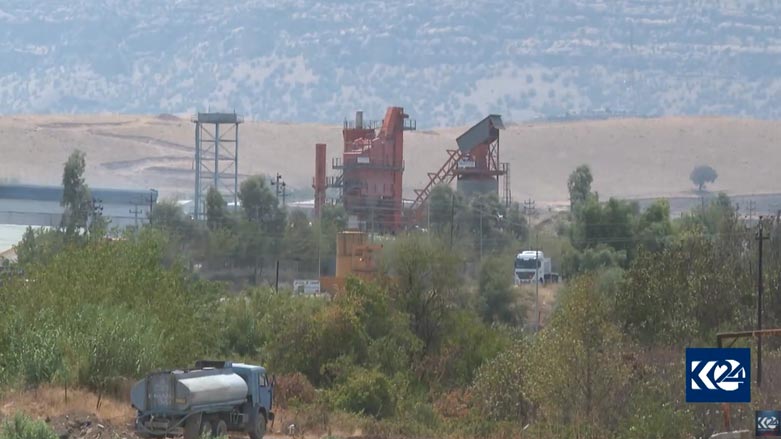KRG moves to shut down more 'illegal' oil refineries
Out of a total of 130 such facilities in Erbil province, security forces "have shut down 55" and are working to terminate the rest, an official said.

ERBIL (Kurdistan 24) – The Kurdistan Regional Government (KRG) is taking steps to shutter all existing oil refineries it deems "illegal" in Erbil province, citing pollution and health risks to nearby populations, a parliamentary official said Saturday.
In 2019, a governmental committee tasked with ending unauthorized refining stated that the makeshift operations--of which there reportedly were 214 at the time--were not legally registered and were having detrimental effects on water quality and other aspects of the local environment.
Out of a total of 130 such facilities in Erbil province, security forces "have shut down 55" and are working to terminate the rest, Sherko Jawdat, a member of the Kurdistan Region Parliament's energy and natural resources committee, told Kurdistan 24 on Friday.
He claimed further that the Sulaimani provincial government has not cracked down on similar refineries, despite repeated calls by members of the provincial legislative council.
Duhok province authorities have taken stringent measures to that effect and close down 30 illicit operations in late 2019, after an order by Kurdistan Region Prime Minister Masrour Barzani.
Even after authorities shut down the refining plants, operations resume at some of them shortly after, the parliamentary official explained.
Related Article: Kurdistan Region closes 30 illegal oil refineries in Duhok
Shutting down these illegal refineries will be good for the affected and polluted environment, Ziyad Raza, a member of the Sulaimani Provincial Council, told Kurdistan 24 on Friday.
He also said he doubts that ending those operations would affect supply because "however much [gasoline and diesel] we need, we can import from neighboring countries."
Government officials have previously stated that production from legally operating oil refineries in the Kurdistan Region that are much larger in capacity can meet local demand for various fuels.